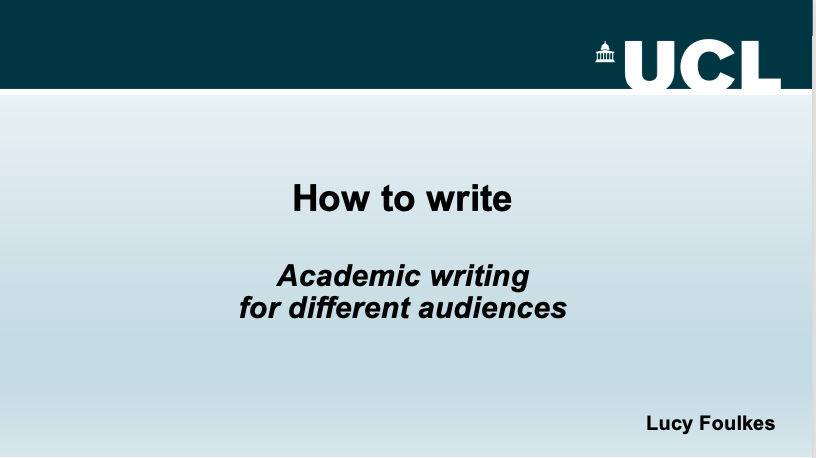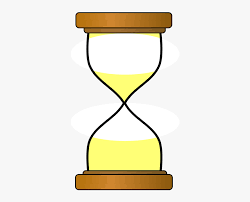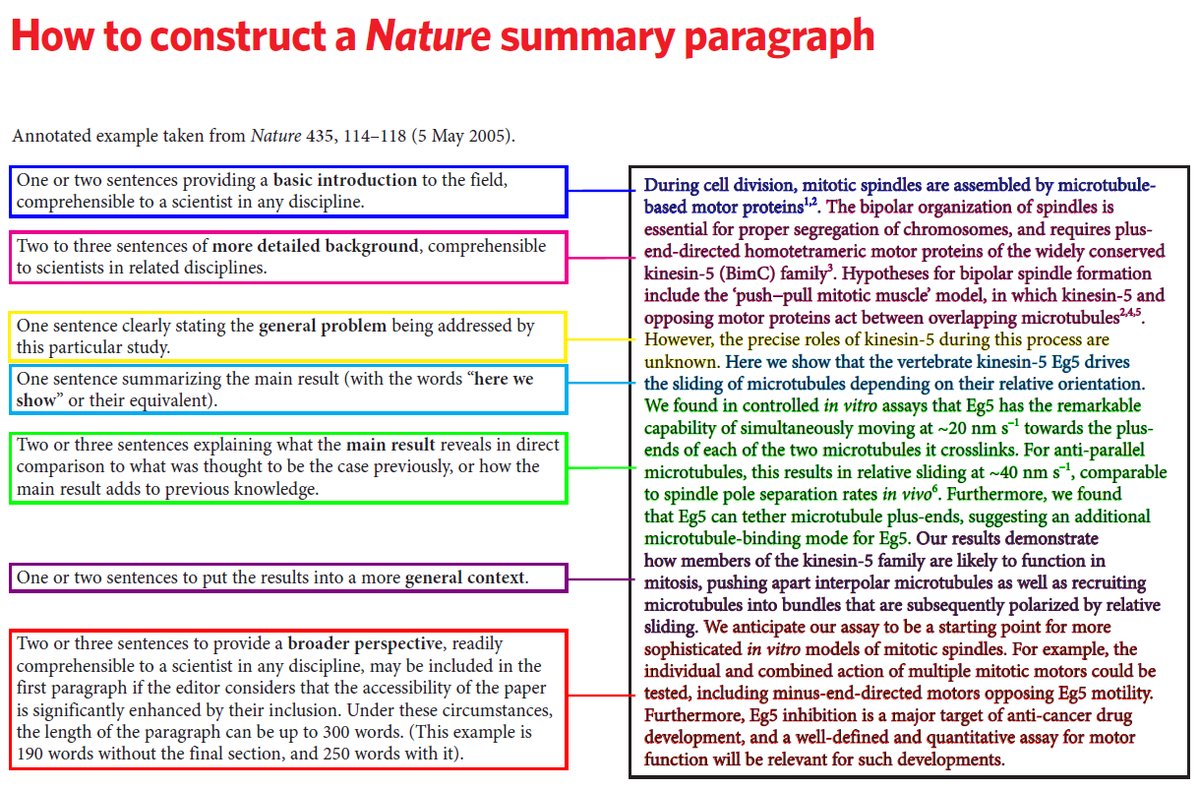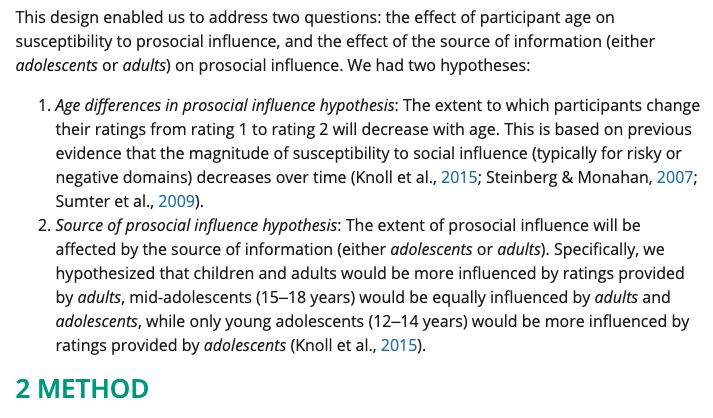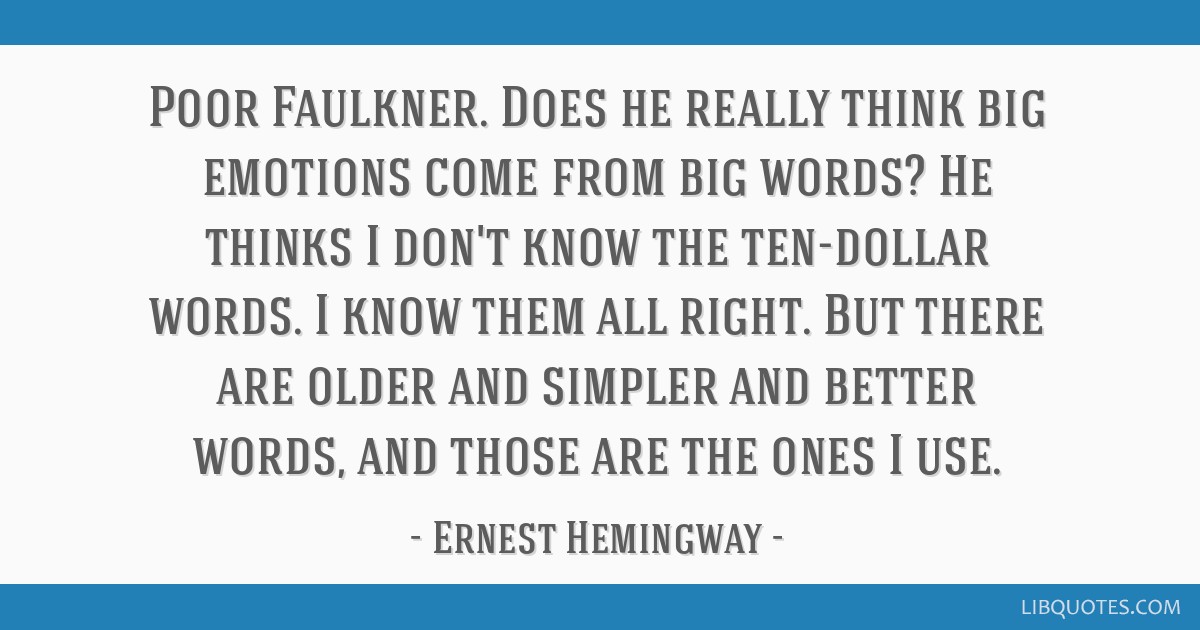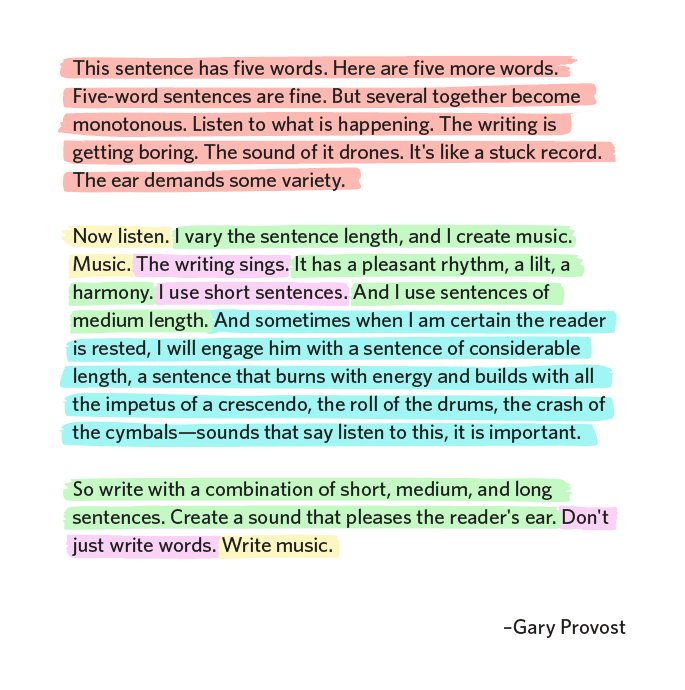ACADEMIC WRITING ADVICE FOR PHD STUDENTS
Last week I gave a writing workshop to some excellent first-year PhD students. Here is a summary of some of the things we discussed about academic writing specifically (separate thread needed for non-academic!)
Last week I gave a writing workshop to some excellent first-year PhD students. Here is a summary of some of the things we discussed about academic writing specifically (separate thread needed for non-academic!)
1. Remember that writing is hard. This isn’t to put people off, but to reassure. You don’t find it difficult because you’re bad at it. It just IS difficult. I discuss this in detail here: https://lucyfoulkes3.medium.com/the-writing-tip-that-matters-4705f33b1ff9">https://lucyfoulkes3.medium.com/the-writi...
2. Empirical papers follow a very specific shape - an hourglass - which you can lean on in initial drafts. Start broad at the beginning of the Intro, then gradually become more focused until the end of the Intro is specifically about your study...
The Method and Results are the narrowest bit of the hourglass (study details). Then the start of the Discussion is specific - a summary of your study - then you gradually widen out again, until you end up on broad implications in the conclusion
4. Introductions broadly follow this structure: General topic w definitions as needed/ What we know from other research so far/ What we DON’T know, and why that matters/ How your study will address the gap (Final para: ‘In the current study…’)
5. At the very end of the Intro, list out your hypotheses (w predictions if you have them), and *name them*. Use these names again in the Method, Results and Discussion sections. Always refer to them in the same order. HELP YOUR READER. Example:
6. Discussions are more varied but broadly follow this structure: Summary of what you did and found (people often read this first, make it good!) / Interpretation w links back to predictions and past research / Limitations & future directions / Broad implications
(7. Methods/Results are too method-specific for general advice, sorryy, but make sure you provide enough detail that a reader could repeat the method and analysis if they needed)
8. If you’re stuck, lean heavily on other papers. Eg not sure whether you need to explain what computational modelling is, or what order to describe things in the Method, or how to describe your analysis? See what similar papers do and copy that (no plagiarism obvs)
9. If you& #39;re stuck you can also ask your supervisor and co-authors. eg not sure whether something should go in main paper or supp materials? Ask them and discuss. There’s rarely a single right answer, and you’re not on your own
10. If your supervisor covers your work in tracked changes & comments, it& #39;s a sign they care. Being edited feels personal and painful (I hate it!), but it’s the best way you become a better writer. If they send you back something with no edits, that’s when you should worry
11. If you’ve made it this far, you can be rewarded with my most fundamental practical piece of writing advice:  https://abs.twimg.com/emoji/v2/... draggable="false" alt="🌟" title="Gloeiende ster" aria-label="Emoji: Gloeiende ster">
https://abs.twimg.com/emoji/v2/... draggable="false" alt="🌟" title="Gloeiende ster" aria-label="Emoji: Gloeiende ster"> https://abs.twimg.com/emoji/v2/... draggable="false" alt="🌟" title="Gloeiende ster" aria-label="Emoji: Gloeiende ster">
https://abs.twimg.com/emoji/v2/... draggable="false" alt="🌟" title="Gloeiende ster" aria-label="Emoji: Gloeiende ster"> https://abs.twimg.com/emoji/v2/... draggable="false" alt="🌟" title="Gloeiende ster" aria-label="Emoji: Gloeiende ster">SAY ONE THING PER PARAGRAPH, AND MAKE THAT THE FIRST SENTENCE OF YOUR PARAGRAPH
https://abs.twimg.com/emoji/v2/... draggable="false" alt="🌟" title="Gloeiende ster" aria-label="Emoji: Gloeiende ster">SAY ONE THING PER PARAGRAPH, AND MAKE THAT THE FIRST SENTENCE OF YOUR PARAGRAPH  https://abs.twimg.com/emoji/v2/... draggable="false" alt="🌟" title="Gloeiende ster" aria-label="Emoji: Gloeiende ster">
https://abs.twimg.com/emoji/v2/... draggable="false" alt="🌟" title="Gloeiende ster" aria-label="Emoji: Gloeiende ster"> https://abs.twimg.com/emoji/v2/... draggable="false" alt="🌟" title="Gloeiende ster" aria-label="Emoji: Gloeiende ster">
https://abs.twimg.com/emoji/v2/... draggable="false" alt="🌟" title="Gloeiende ster" aria-label="Emoji: Gloeiende ster"> https://abs.twimg.com/emoji/v2/... draggable="false" alt="🌟" title="Gloeiende ster" aria-label="Emoji: Gloeiende ster">. For every para ask yourself: what single point am I trying to make here?
https://abs.twimg.com/emoji/v2/... draggable="false" alt="🌟" title="Gloeiende ster" aria-label="Emoji: Gloeiende ster">. For every para ask yourself: what single point am I trying to make here?
Don’t go any further until you know the answer. Got several answers? Fine - that’s several paragraphs. I often draft a whole Intro/Discussion just using single sentences instead of paragraphs. You can play around with structure/argument this way, then flesh out the details later
10. You should therefore be able to read ONLY the first sentences and be able to understand the whole argument. I often set this as a practical task w students (underline, read out loud). Example of this being done (mine, sorry): https://www.ncbi.nlm.nih.gov/pmc/articles/PMC8527591/">https://www.ncbi.nlm.nih.gov/pmc/artic...
11. Don’t be afraid of short sentences, easy words and simple sentences, even in academic writing. They’re great! Again: make life easy for your reader. Here’s one of my favourite writing quotes, from Hemingway, in response to William Faulkner saying his language was too simple:
12. In fact, once you get more confident, you can start playing around with short sentences as a way of controlling rhythm (I& #39;m fascinated by the role of rhythm in good writing). But I may be digressing here...
13. Back to the main point: remember that this is hard. I’m yet to find an academic who finds it easy to write well. But it’s worth it! Because if you can’t communicate what you’ve spend months and years researching, then what is the point of all this?

 Read on Twitter
Read on Twitter